Maleza’s Vision of the Traditional Cordobés Hat
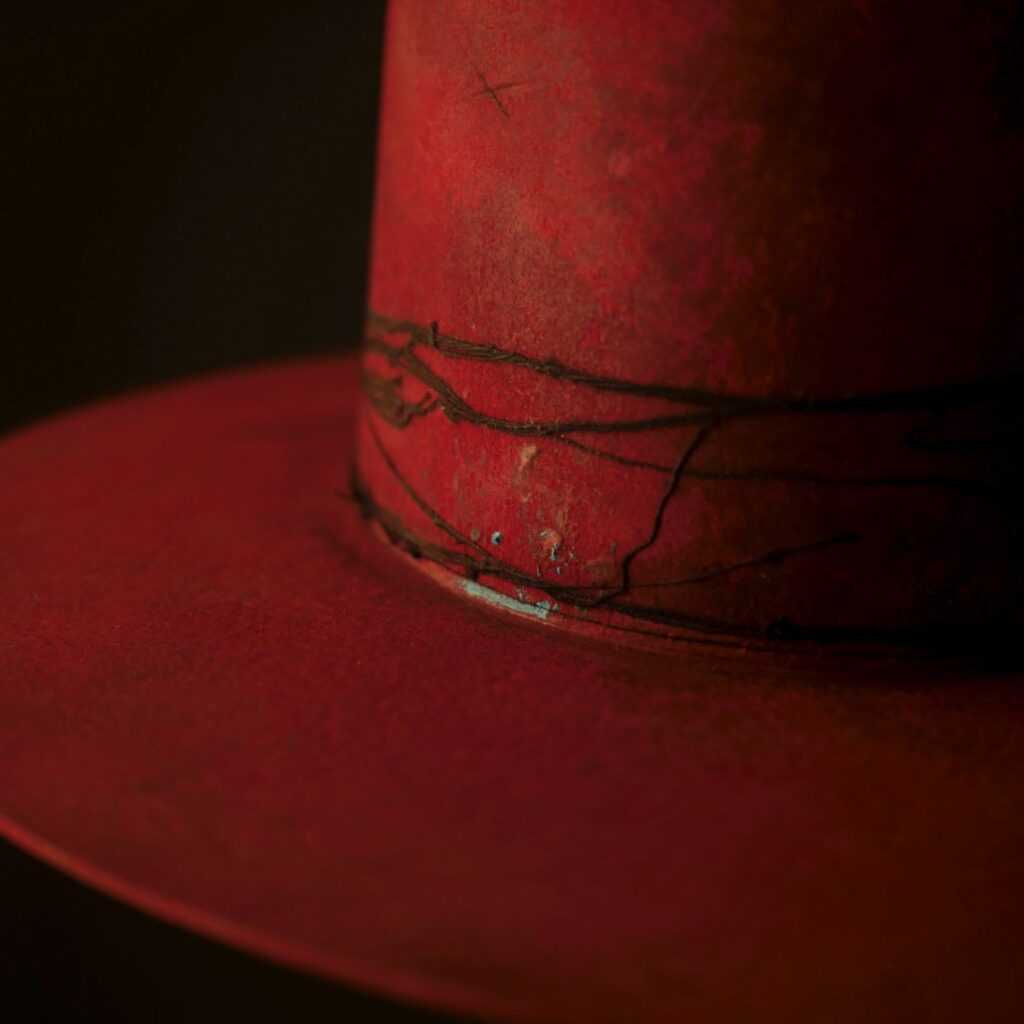
Stories convey the culture, history, and values that unite people. The importance of telling stories in an alternative way drives Myrte Sara Huyts and Javier Reta, the founders of Maleza hatmakers. They create limited edition, bespoke, and one-of-a-kind genderless hats in felt and vegetable fibers, such as hemp and baobab straw. Coming from different countries-the Netherlands and Spain-and different fields-literature and fine arts-they decided to change careers and become hatmakers. This craft combines everything important to them: design, art, artisanship, and storytelling.
The cordobés is a typical Spanish that dates back to the 17th century. Easily recognizable by its flat crown and wide brim, it is from the world of rejoneo, a form of bullfighting in which the main fighter mounts a horse. It has become a symbol of Spanish culture, deeply rooted in the South, the countryside, and the bullfighting world.
“We welcomed this hat into our workshop years ago, immediately removing the big grosgrain ribbon and using different types of trimmings, for example, a cord from a Moroccan flea market and various fabrics. Quite recently, we started to stir up different techniques and finishes – such as sanding, burning, and painting – to achieve a more contemporary version of this classic Andalusian hat. For us, its pure form and wide flat surface are the perfect canvas. Our mission is to bring together the roots and tradition of the trade with new paradigms from modern design and to take this icon of Spanish culture and move it into a more urban and cosmopolitan context.”
The Bakuri Faraona
The Bakuri Faraona is a tribute to Lola Flores, a Spanish singer, actress, and dancer, popularly known as La Faraona.
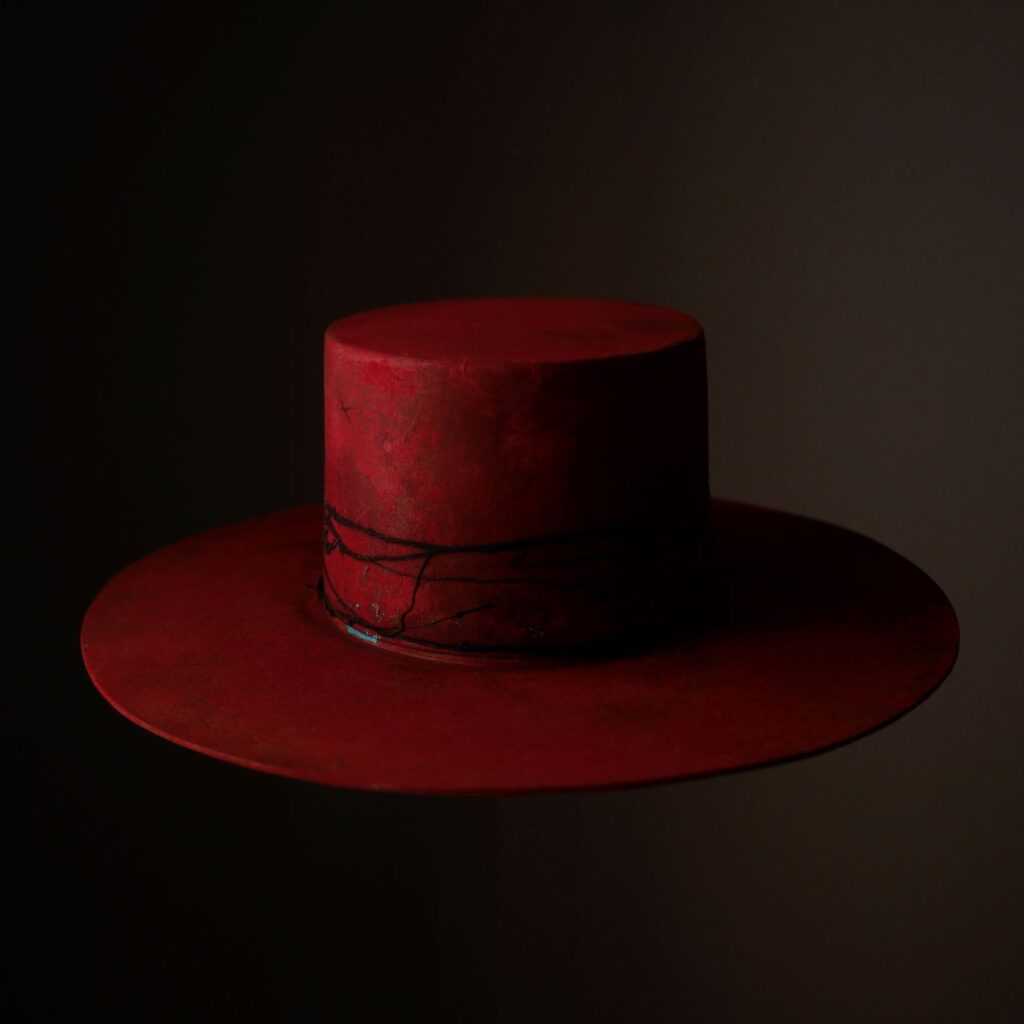
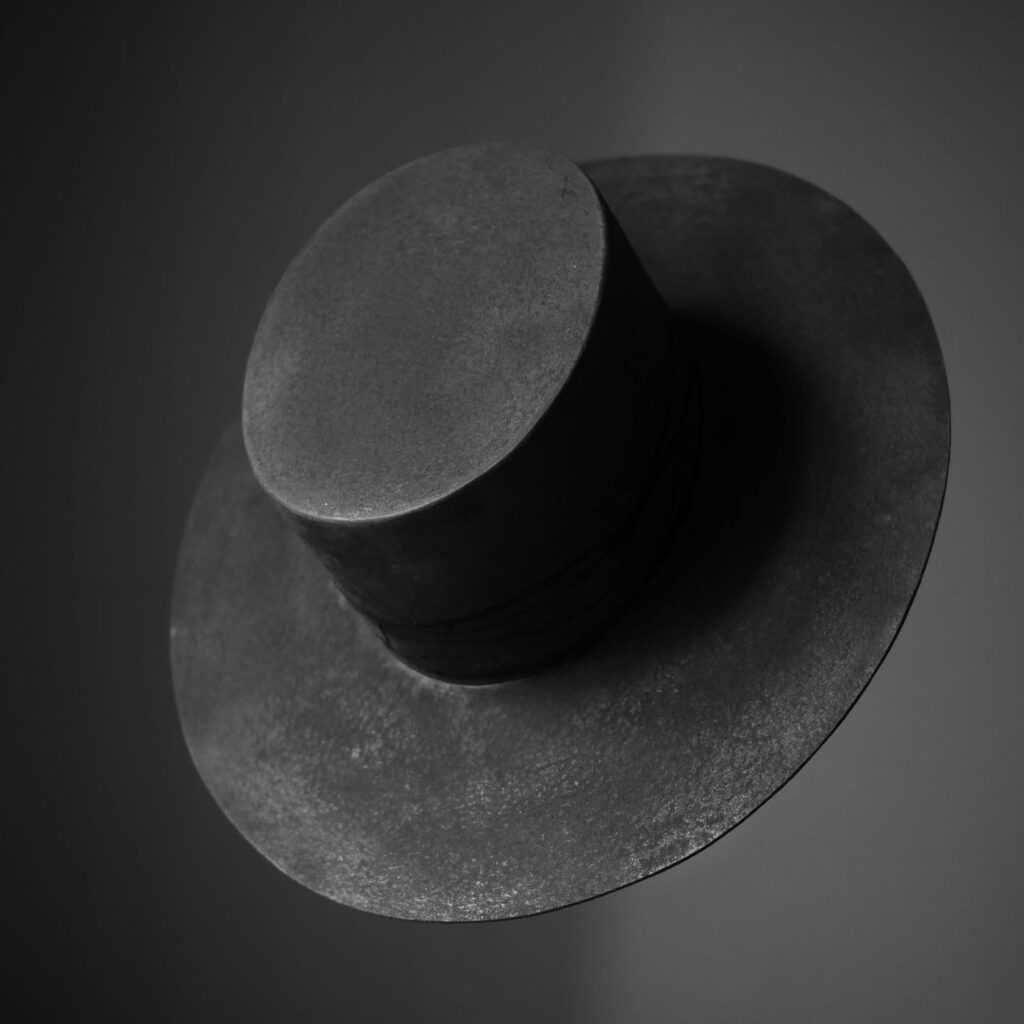
The Bakuri Tacande
Tacande means “scorched earth” in Guanche, an extinct language spoken by the first known inhabitants of the Canary Islands. “The surface of this flat crown cordobés is our memory of the adventures we had living there, surrounded by unpredictable volcanoes.”
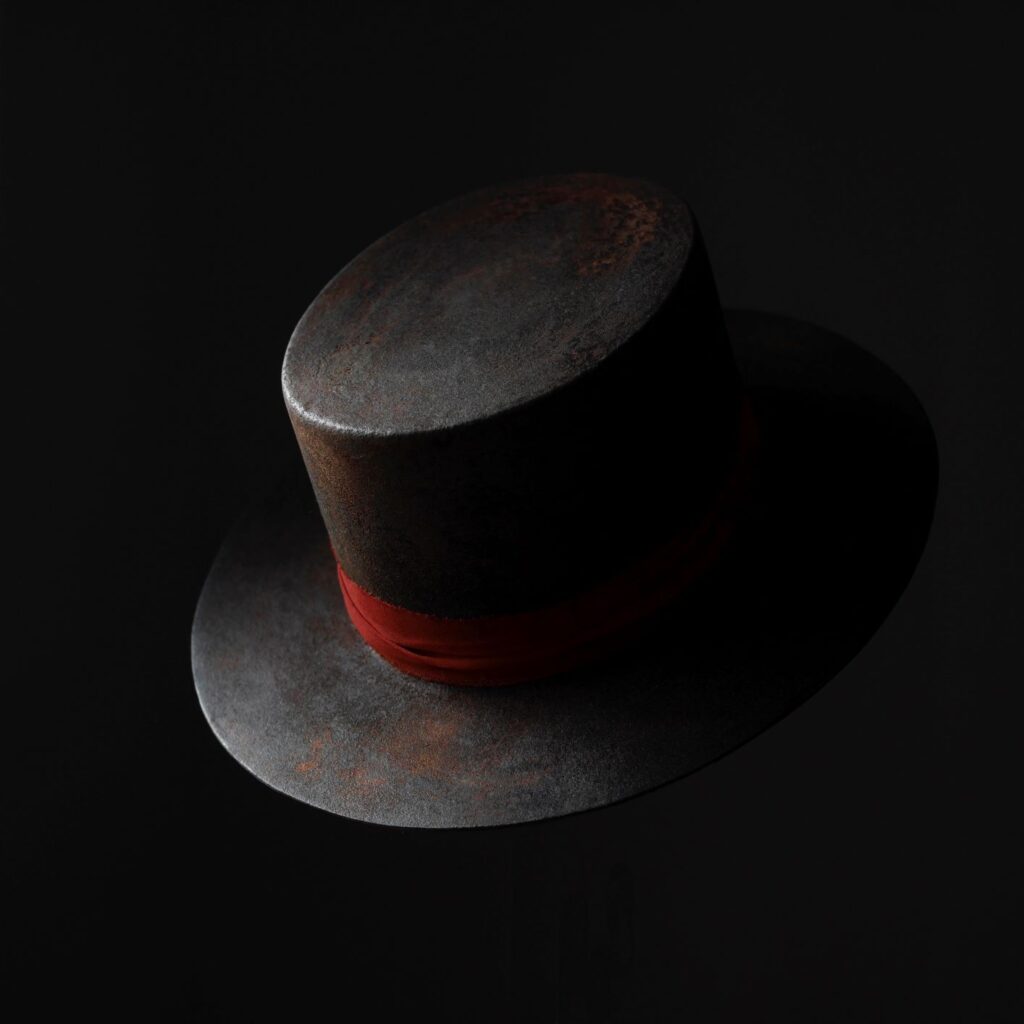
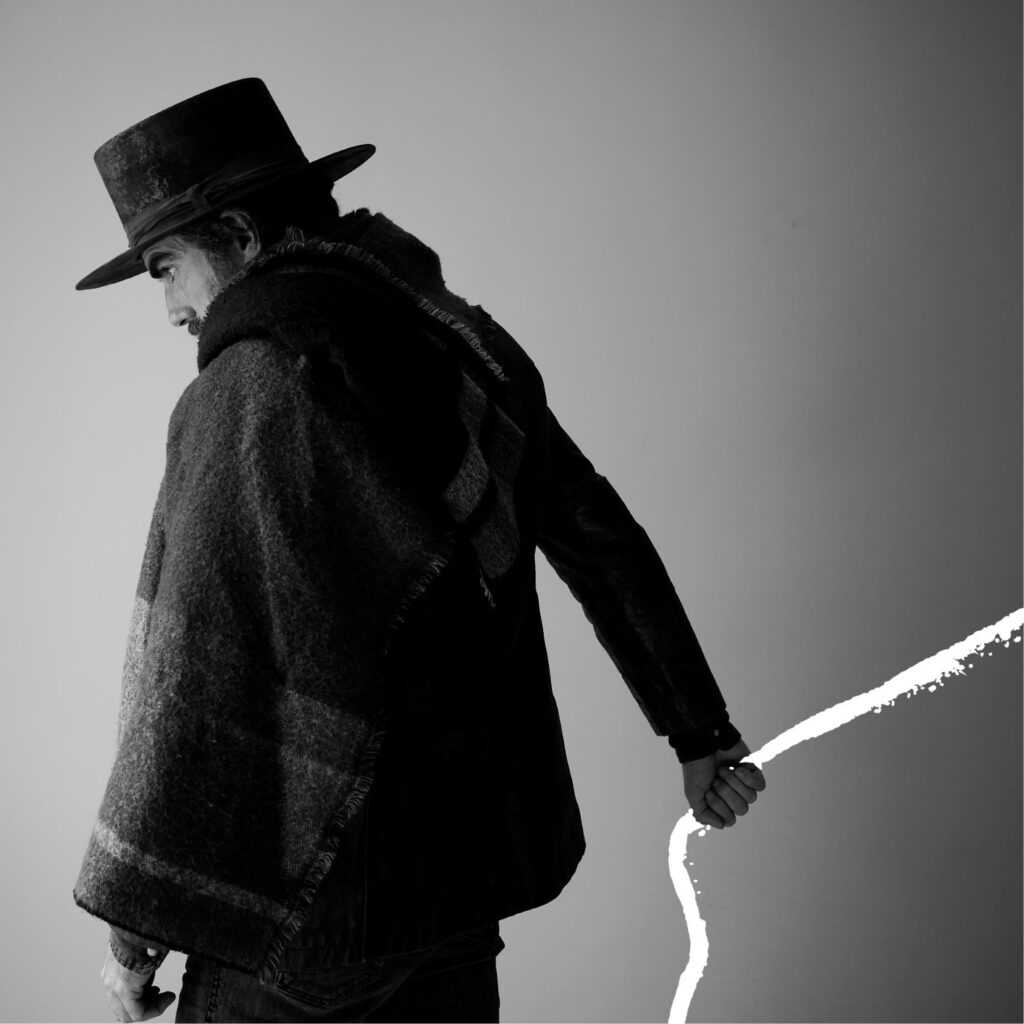
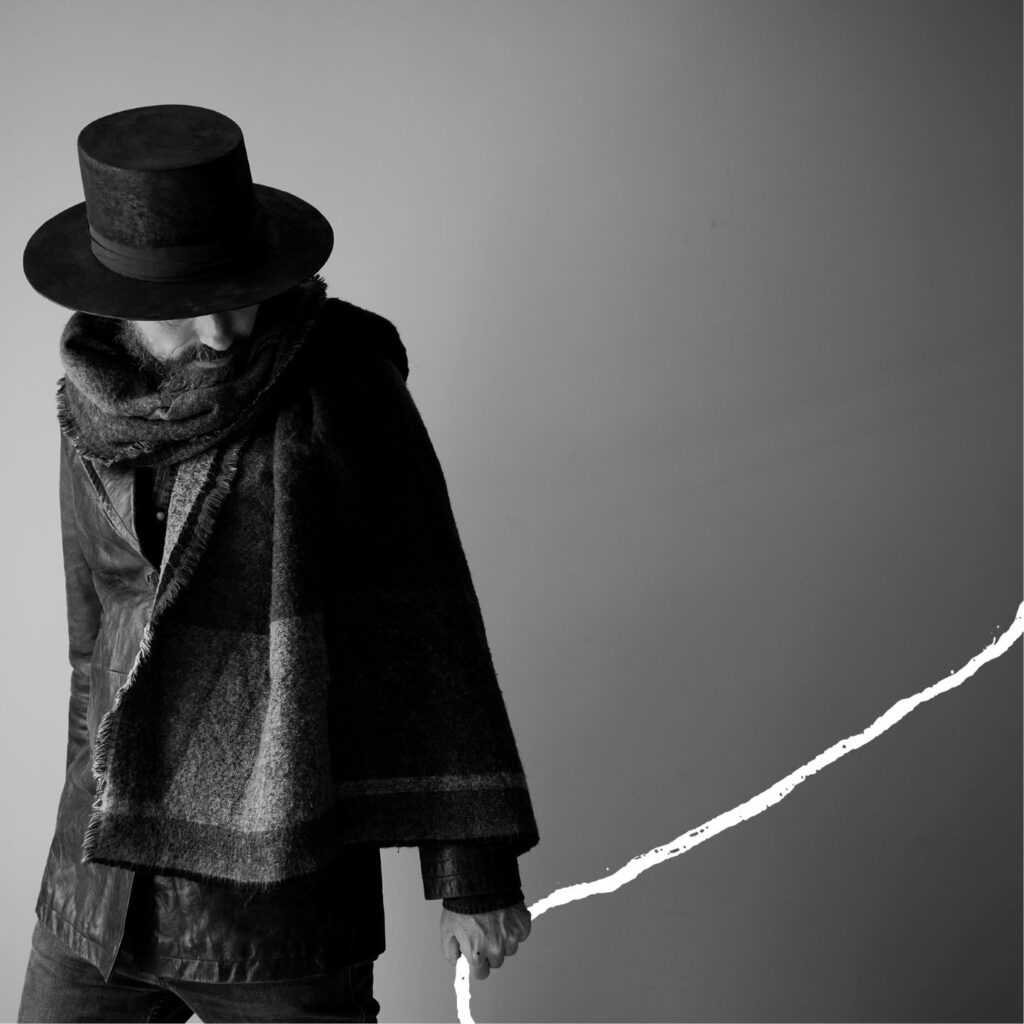
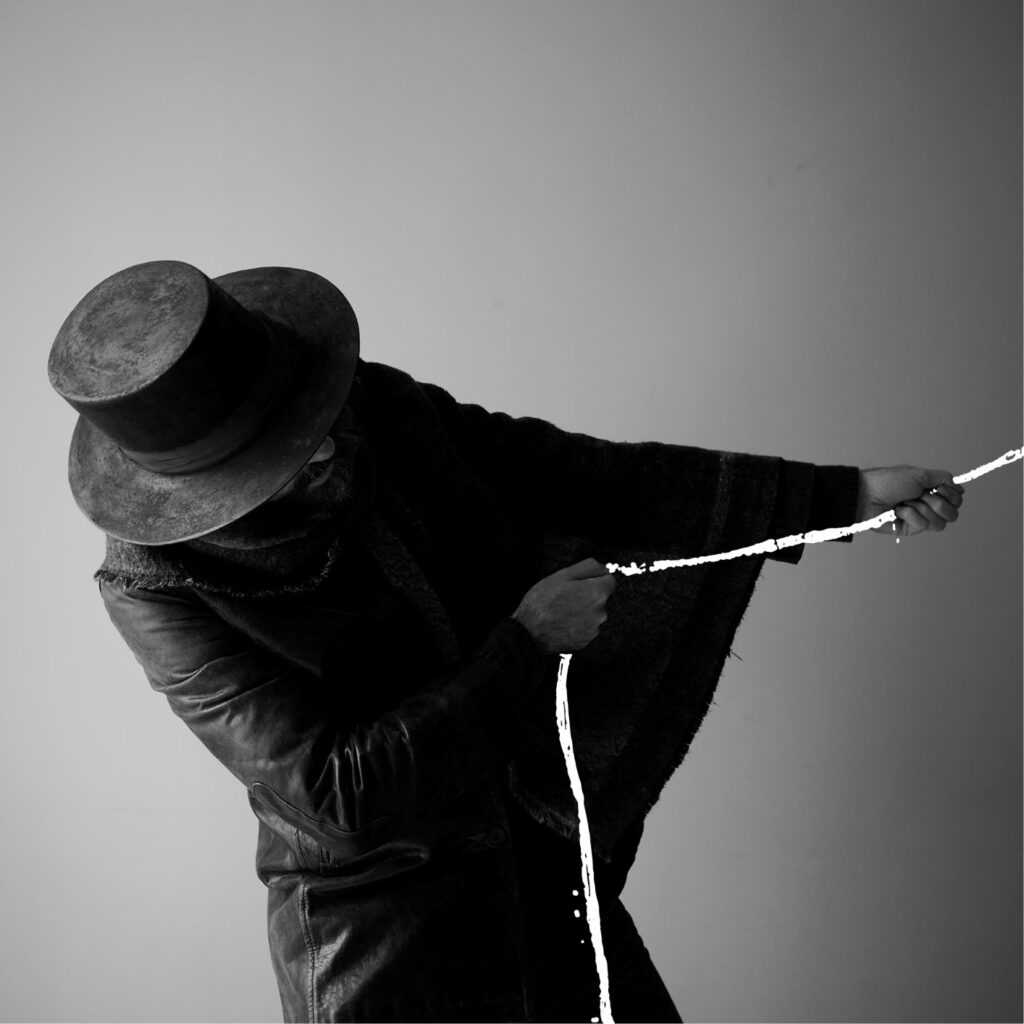
The Bakuri Tadelakt
Tadelakt in Moroccan Arabic is تدلاكت, tadla:kt, and means “to rub.” Tadelakt originated in hammams in Morocco and is a wall cladding technique to make walls waterproof. Each thin layer of the applied material is rubbed with a pebble by a specialist artisan. “We finish this hat by rubbing a pebble, using “the art of caresses” to give it the hardness of stone and the softness of silk.”
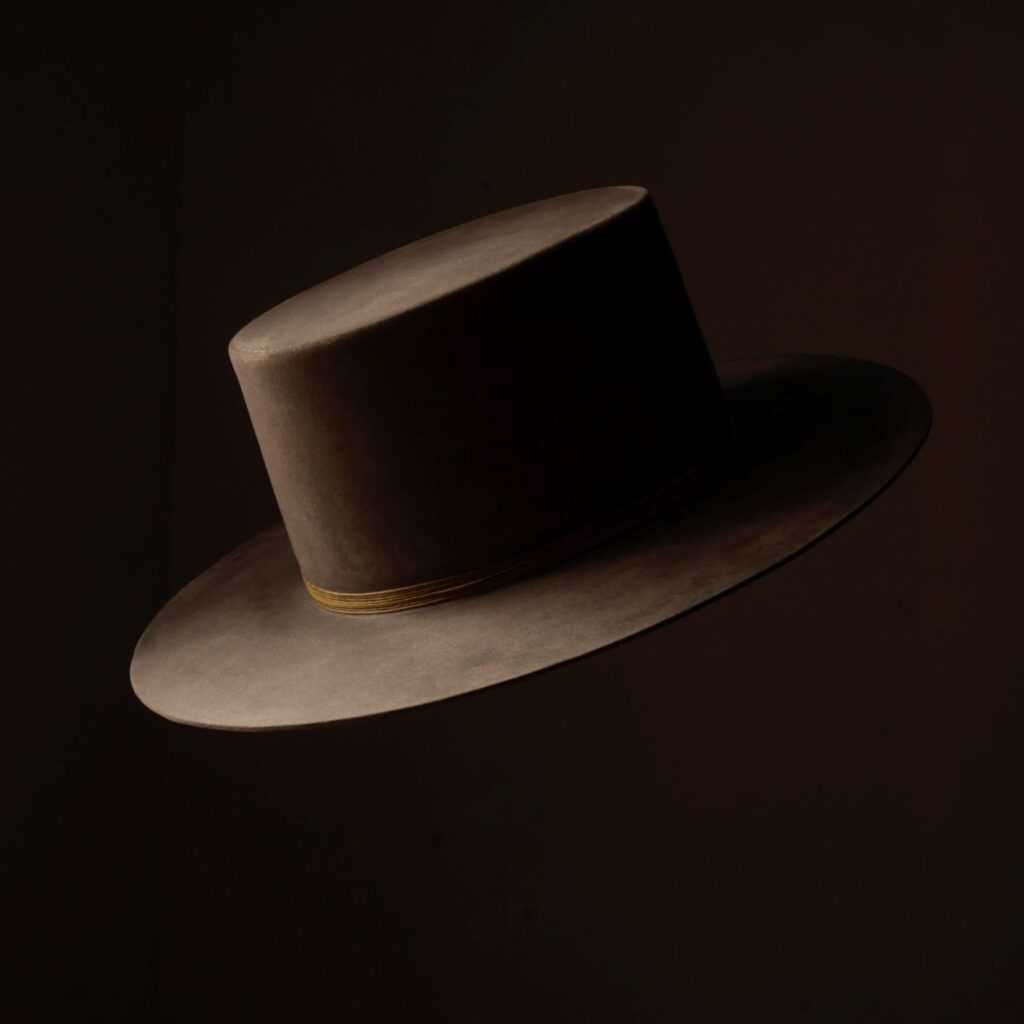
In the Workshop
Each hat is hand-formed by one artisan, from start to finish in the workshop in Madrid. The workshop is a space for playing, designing, experimenting, a meeting point between artisan and client, without intermediaries.
“We relate strongly to Informalism, an artistic movement that had its peak in Spain in the 1950s, with painters like Millares and Tàpies. We use abstract language, for which the materials play a decisive role. It is important to play with techniques, chance, and improvisation and question premeditated constructions to find a more intimate, poetic way of creating. Another inspiration comes from Japanese fired ceramic such as Raku ware, Hagi ware, or Bizen ware. Treatments are dependent on the kiln effects. The ceramic pieces fire under different conditions, with different results. We feel that embracing the unknown and the impossibility of predicting the outcome is key to finding a more honest and raw way to reveal the imperfectness and unexpected results of the human hand.”
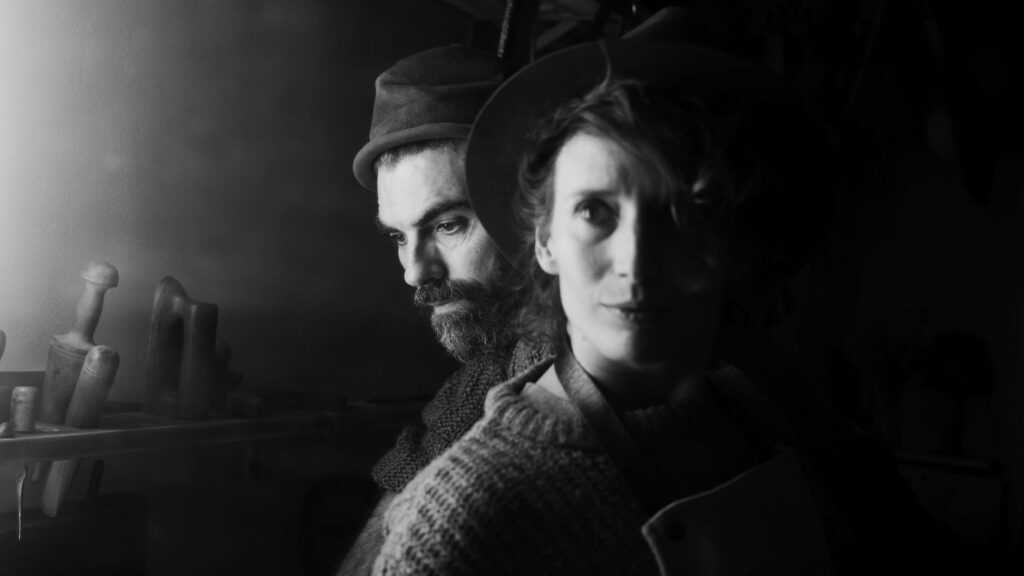
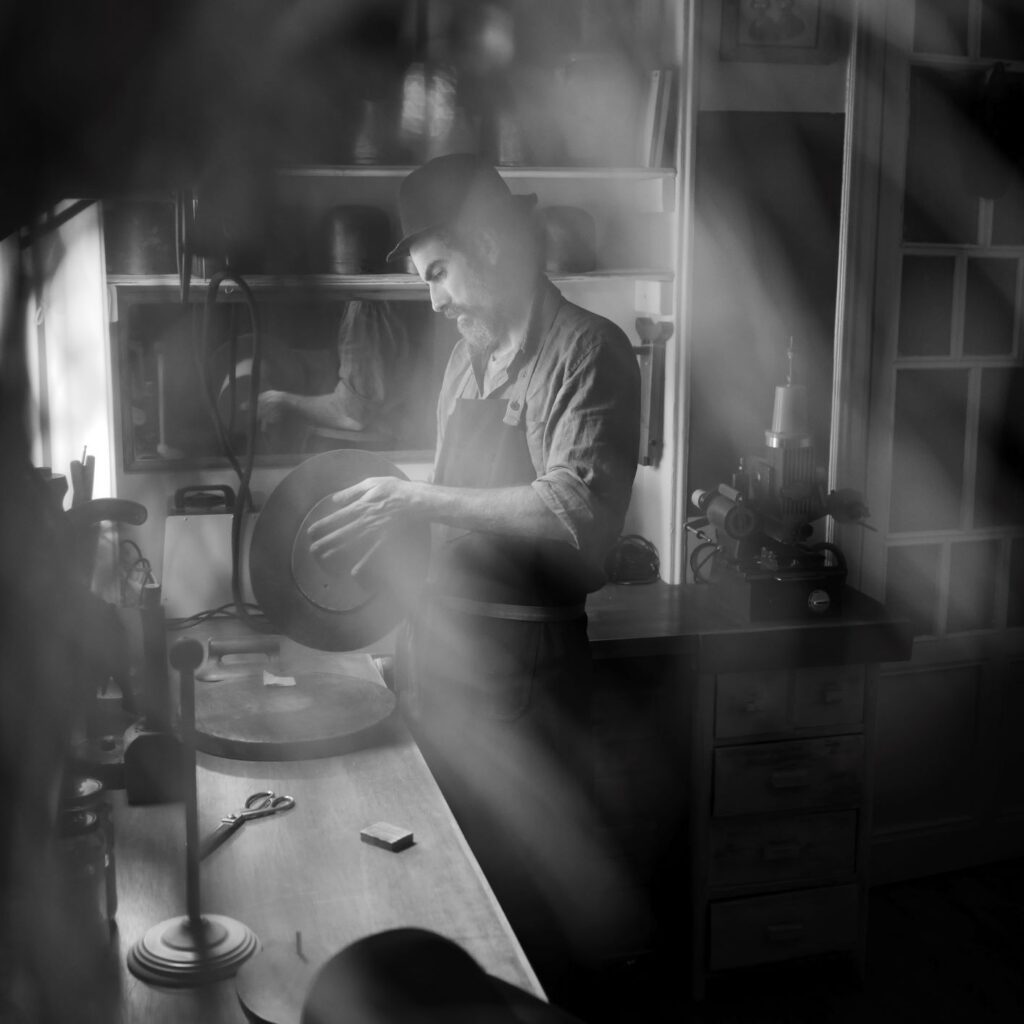
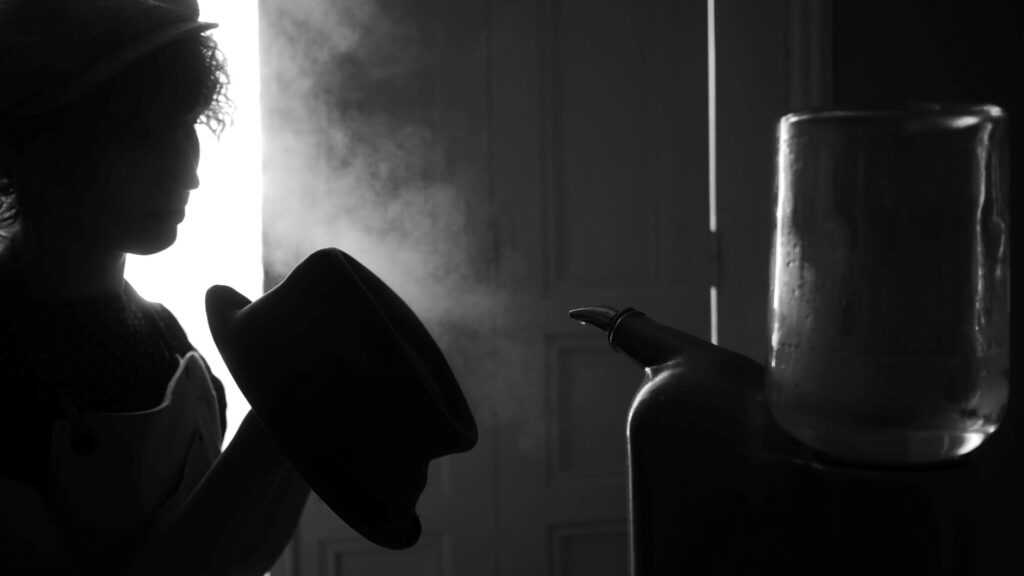
Maleza Hatmakers is a member of SACo, the association of contemporary artisans in Spain whose mission is to showcase creations by artisans and designers from Spain who work in various disciplines. To read my profile of this association, link SACo: Showcasing Contemporary Spanish Artisanship.
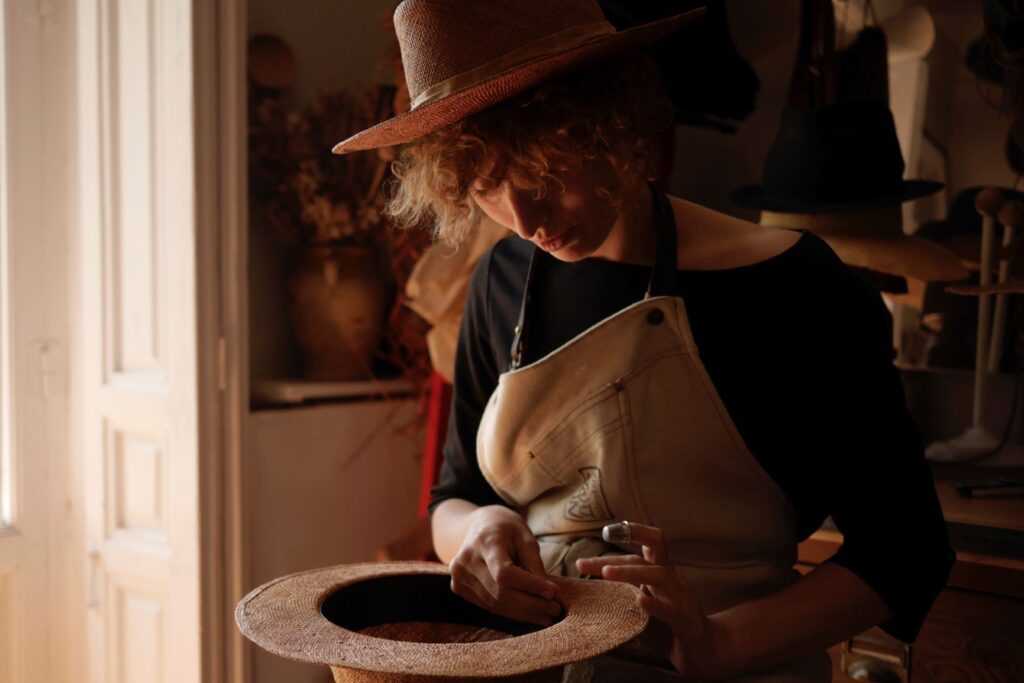
Photography by Maleza Hatmakers.
